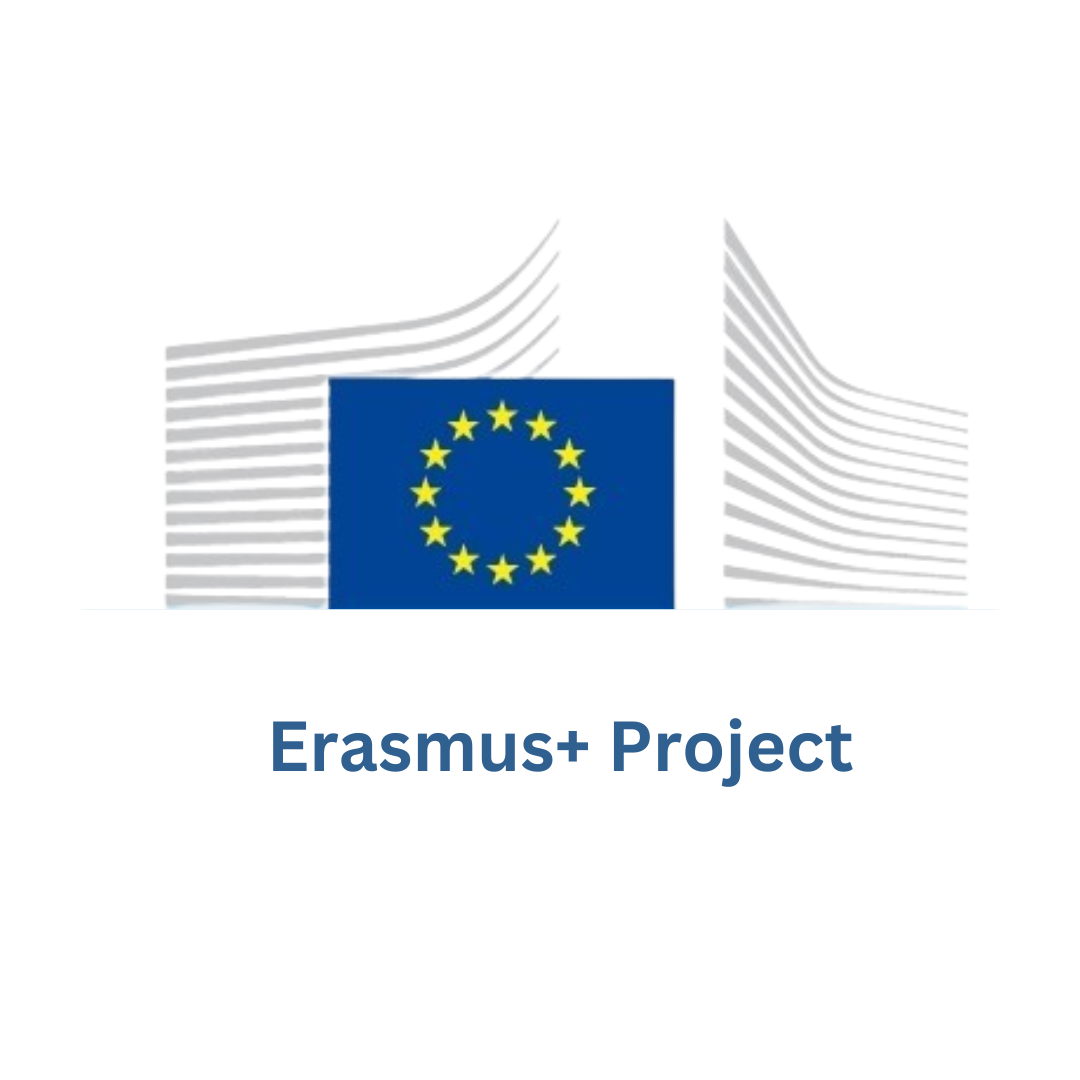
Democratic and Intercultural Dialogue
Istituto Omnicomprensivo Europeo di Arconate e Buscate - Italy
Methodology
Problem-Based Learning (PBL) is an innovative educational methodology rooted in constructivist learning theory. Originally developed at McMaster University's Faculty of Medicine in Canada in the 1960s, PBL was designed to prepare students to tackle real-world challenges effectively
This approach is characterized by its student-centered nature, where learning occurs through exploration and resolution of realistic problems. Students are placed at the forefront of the educational process, encouraged to collaborate, analyze information, and develop innovative solutions. This not only enhances their ability to apply theoretical knowledge in practical contexts but also fosters critical thinking and collaboration skills. Among the benefits of PBL for students are increased self-efficacy and intrinsic motivation, as they actively participate in constructing their own knowledge. Moreover, PBL promotes critical thinking and the ability to make informed decisions, preparing students to be responsible citizens and innovators in their future careers.
PBL is versatile and suitable for learners of all ages. Whether in primary education, secondary education, or higher education, PBL encourages active engagement and empowers learners to take ownership of their learning journey. Its adaptability across age groups underscores its effectiveness in cultivating lifelong learning skills and preparing individuals to thrive in an increasingly complex global society. In summary, Problem-Based Learning represents not only a shift in educational approach but also a powerful tool for shaping individuals capable of addressing the complex and dynamic challenges of the contemporary world.

Istituto Omnicomprensivo Europeo di Arconate e Buscate - Italy